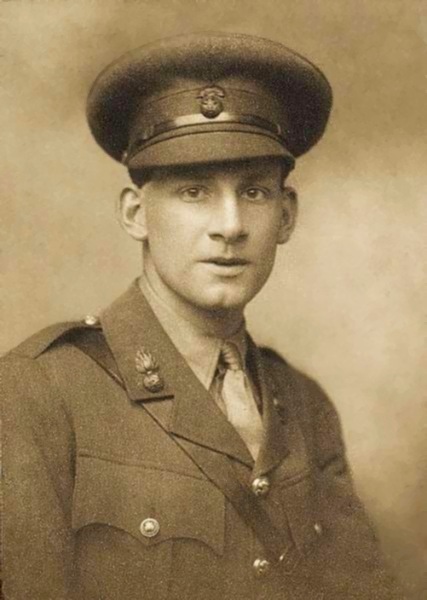„Rameno k ramenu, po boku bok od svetiel žitia išli krok čo krok.“
Zdroj: Churchill, Winston S., Hron, Zdeněk. Druhá světová válka. diel 1 : Blížící se bouře. Winston S. Churchill ; z anglického orig. prel. Zdeněk Hron. 1. vyd. Praha : Nakladatelství Lidové noviny, 1994. 25 s. ISBN 80-7106-068-2.
